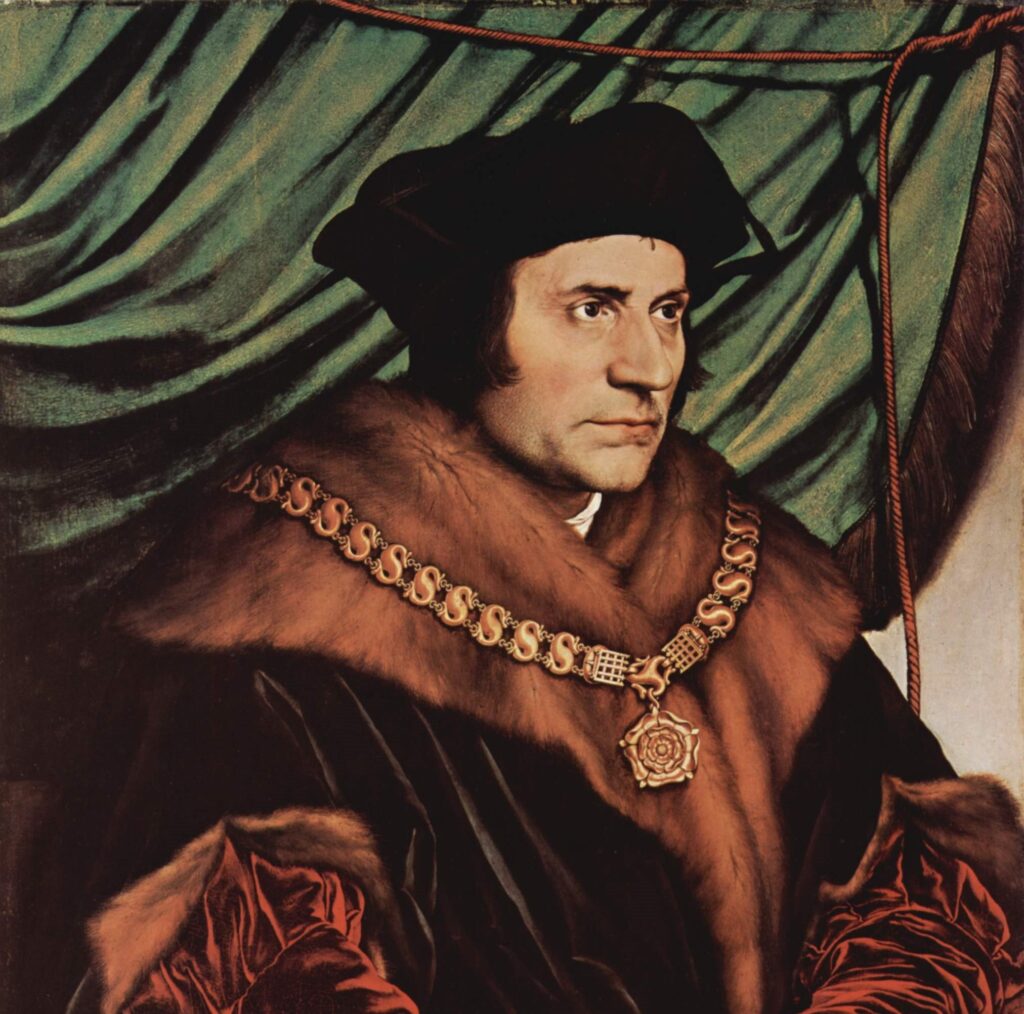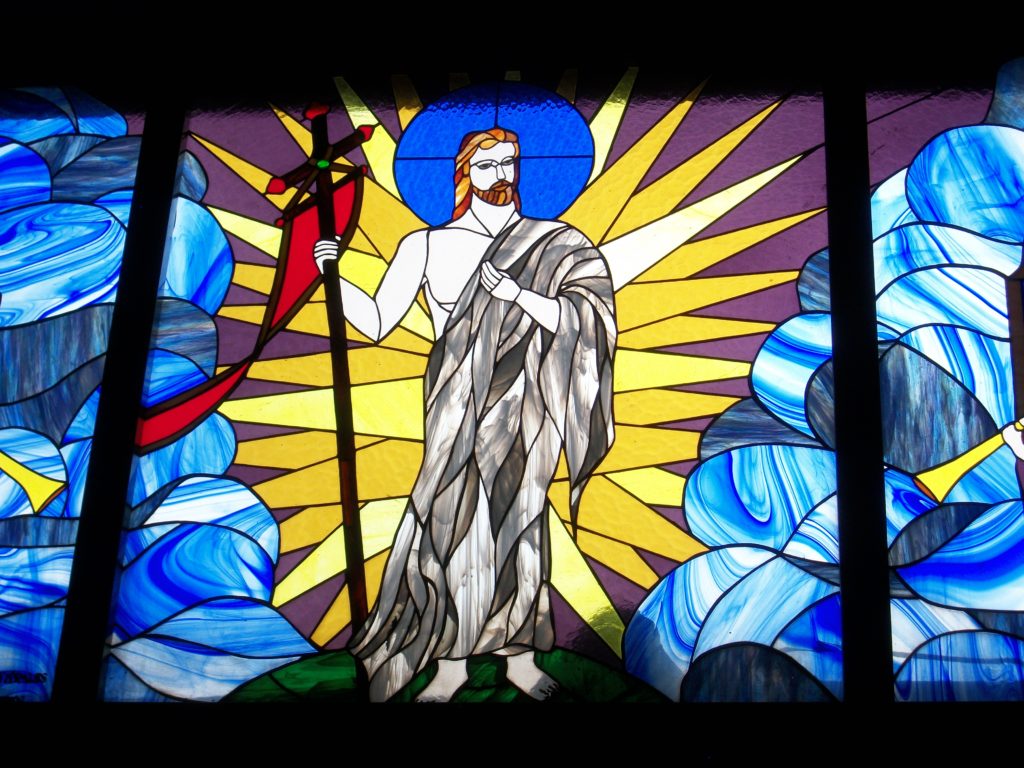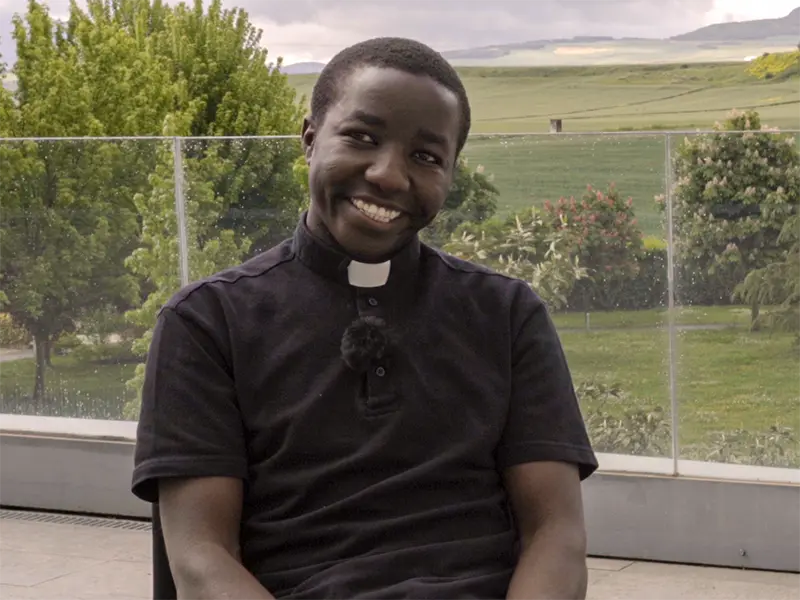Saint Thomas More, June 22
Patron of rulers and politicians

Great was his reputation as an upright and jovial man, a just judge, cultured and esteemed by European humanists, so much so that Erasmus of Rotterdam dedicated his “Praise of Folly” to him. He was much loved by the people for his charity, and also well known for his sense of humor and his fine intellect, as evidenced in his works and his life. But Thomas More was, above all, a man of faith. The son of a lawyer, he was born in London in 1478. In private life, he frequently visited the Franciscans of Greenwich and spent a period at the London Charterhouse. His first marriage was to Jane Colt, by whom he had 4 children and then, being widowed, he married Alice Middleton. Faithful husband and good father, he dedicated himself to the intellectual and religious education of his children, in his house was always open to friends.
A rising star
In his public life, we see him working as a member of Parliament and holding various diplomatic positions. In 1516, he wrote his best-known work, “The Utopia.” Soon he was a judge, president of the House of Commons, and as an advisor and secretary to the king, he fought against the Protestant Reformation. He contributed to the writing of “The Defense of the Seven Sacraments”, a work that had earned Henry VIII the title of Defender of the Faith. His ascent was swift and incomparable until he reached the top. He was the first layman to be appointed High Chancellor. It is 1529. In this turbulent political and religious context, only a few years later, in 1532, his life changed decisively. Thomas felt that he had to renounce his political duties and then begin another life, but this time of poverty and abandonment for him and his family.
I die as a faithful servant of the king, but first as a servant of God
His story is intertwined with the life of King Henry VIII, who, having decided to marry Anne Boleyn, forced Archbishop Thomas Cranmer to declare his marriage to Catherine of Aragon null and then, in an escalation of opposition to Pope Clement VII, he proclaimed himself Supreme Head of the Church of England. In 1534 parliament ratified the king’s decision with the Act of Supremacy and the Act of Succession. Although Thomas had already retired from the political world, in such a critical situation, he bravely confirmed his loyalty to the Pope and therefore, in 1534 he was imprisoned in the Tower of London, but this was not enough to make him recant. . His “defensive line”, which was that of silence, was not enough to save his life. He was subjected to a trial, in the course of which he gave a famous defense on the indissolubility of marriage, on respect for the legal heritage inspired by Christian values and on the freedom of the Church before the State. He was unjustly convicted of high treason and beheaded on July 6, a few days after John Fisher, of whom he was a great friend, was also condemned for the same ideas. For this reason, the Church remembers them both together on June 22. Saint Thomas More was a man very passionate about truth and in Benedict XVI’s speech at Westminster Hall we read: I would like to remember the figure of Saint Thomas More, the great English scholar and statesman, who is admired by believers and non-believers alike for the integrity with which he was faithful to his conscience, even at the cost of contradicting the sovereign of whom he was a “good servant”, since he chose to serve God first.
Related

Reflection by Bishop Enrique Díaz: Alleluia, alleluia
Enrique Díaz
20 April, 2025
5 min

Christ is Risen! Alleluia! Commentary by Fr. Jorge Miró
Jorge Miró
20 April, 2025
3 min

Easter: Mystery of Freedom
Carlos J. Gallardo
20 April, 2025
5 min

“Being Catholic in Tanzania is a source of pride”
Fundación CARF
16 April, 2025
6 min
 (EN)
(EN)
 (ES)
(ES)
 (IT)
(IT)

